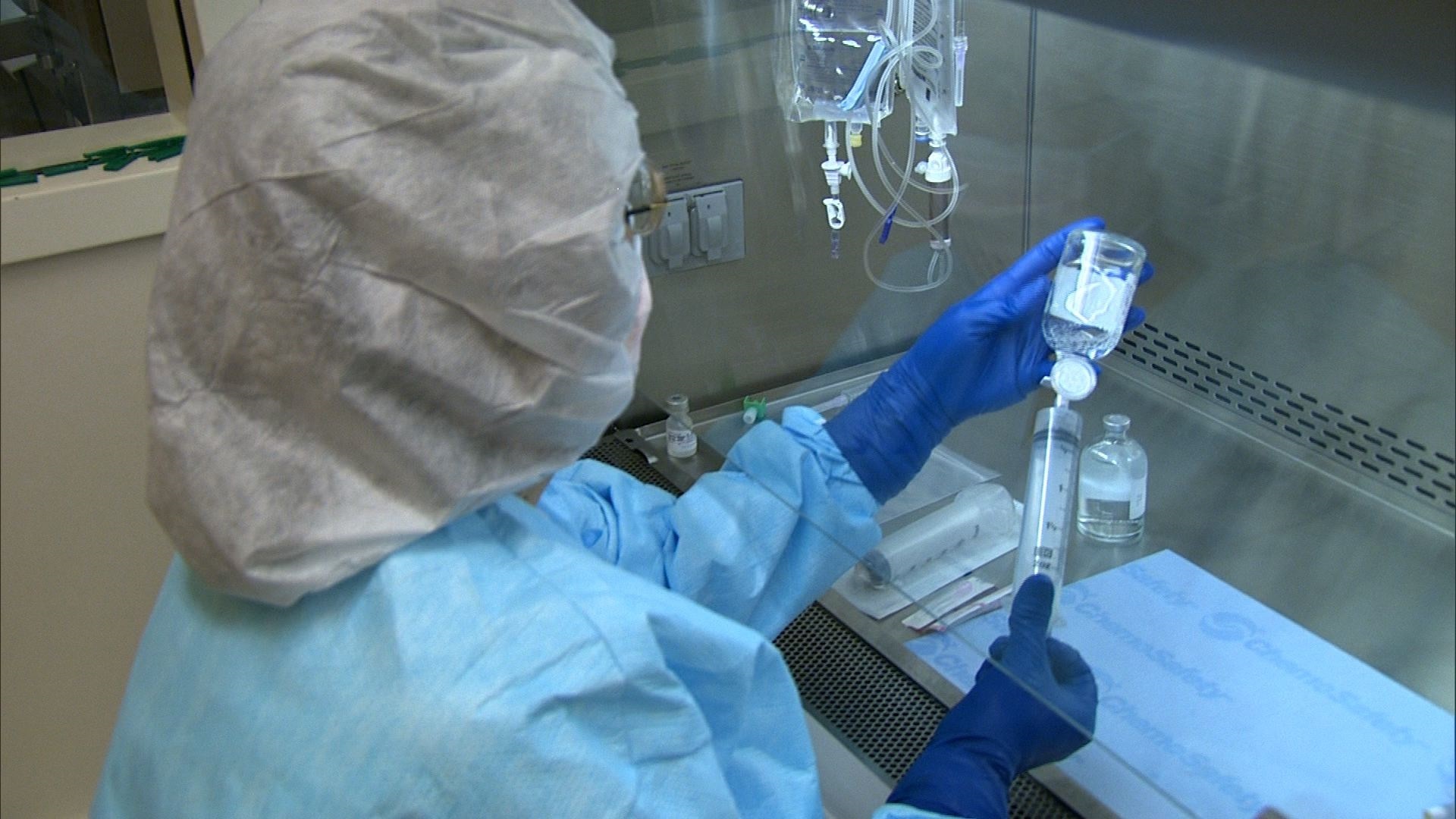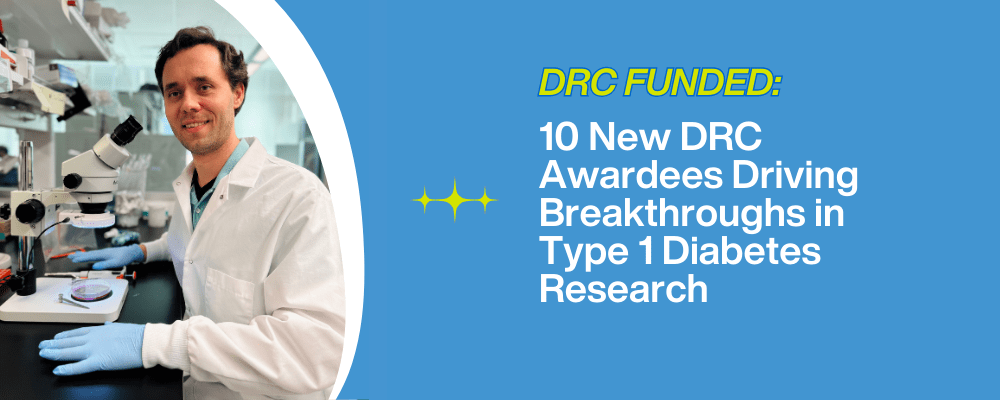Immunosuppression for Islet Grafts
One of the approaches scientists have been testing for reversing or better controlling type 1 diabetes is the use of allogeneic pancreatic islet transplants. By reintroducing healthy insulin-producing islets, they aim to support the body in naturally regulating and stimulating insulin production to manage blood glucose levels.
A major challenge to this technique, however, is the immune system’s rejection of the graft following transplantation. As with organ transplants, scientists were forced to suppress the immune response in order to keep cells from attacking and destroying the islets. But immunosuppression is not a long-term solution for islet graft transplantation because the potential risks and health effects can outweigh the benefits.
In a recent study, scientists explored the possibility of controlling a localized immune response rather than a systemic one. They designed a synthetic platform that contains microgel made of biomaterials that can deliver checkpoint proteins to regulate cell death. They used a chemeric streptavidin/programmed cell death-1 (SA-PD-L1) protein. In addition to this protein, they added a short, two-week administration of rapamycin to help the body adjust to the transplant while curbing rejection risk. This approach enabled the sustained survival of allogeneic islet grafts without the need for chronic systemic immunosuppression.
These results demonstrate the potential benefits of using synthetic microgels in combination with immunomodulatory ligands and specific antibodies to manage the immune response to allogeneic pancreatic islet grafts. While additional research is needed, this is a step toward improving therapeutic modalities for treating or potentially reversing type 1 diabetes.
The Diabetes Research Connection (DRC) is interested to see how this study influences future work on islet transplantation as an option for managing type 1 diabetes. The DRC is committed to advancing research within the field by providing critical funding to early-career scientists pursuing novel research studies focused on all aspects of type 1 diabetes. Learn more about current projects and how to help by visiting http://localhost/drc.




